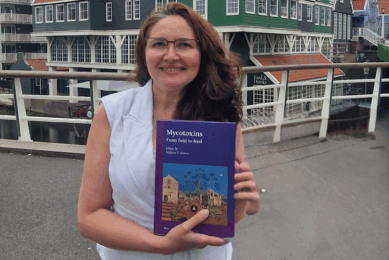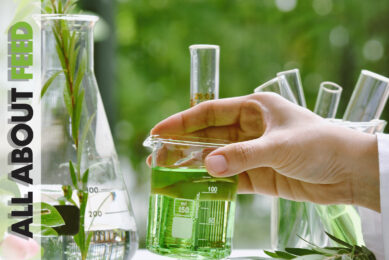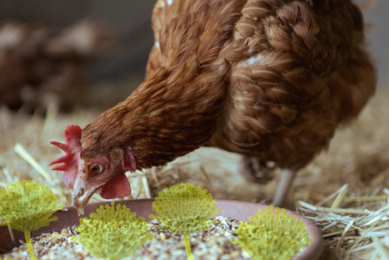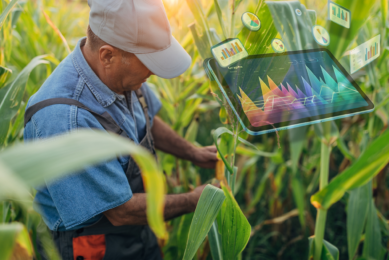Mycotoxins in All About Feed 4
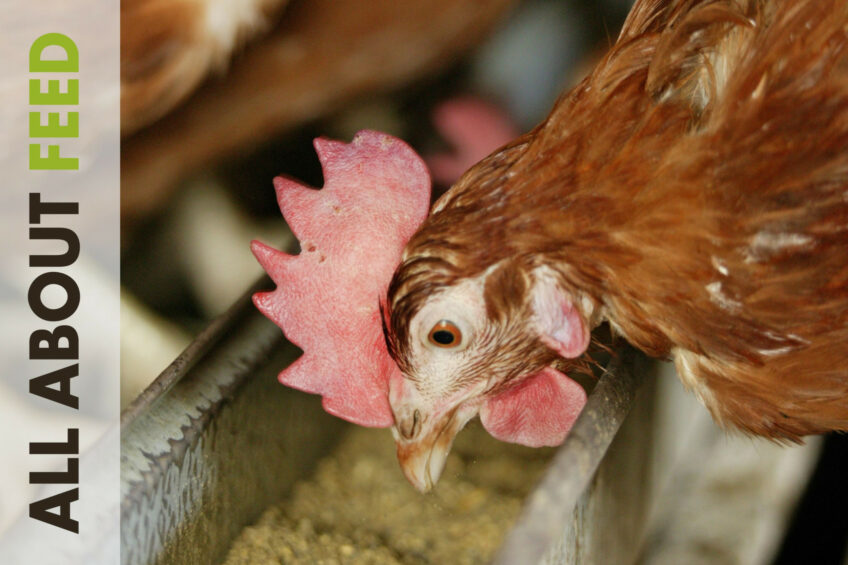
The latest edition of All About Feed is now available online. We visit a farm in Spain, which is home to 400 Iberico pigs that feed on pastures full of herbs, flowers, chestnuts and acorns. In north Africa, water and land scarcity as well as environmental degradation are putting more pressure on an already food insecure region. Then, an interview with François Pellet, CEO CCPA group, who talks about the challenges facing the livestock sector, and how the industry can cope. This and more in this latest edition.
View this edition of All About Feed‘s digital magazine
Converting poultry by-products into valuable feed ingredients
If not properly managed, poultry waste disposal negatively impacts the climate, environmental safety and human health. Researchers evaluated how technological progress in poultry waste management (e.g., feathers, viscera, bones, heads, legs, skin and dead-on-arrival birds) is key to attaining economic, environmental and social sustainability.
Interview with François Pellet, CEO CCPA group: Supporting competitiveness and sustainability
During a visit at the CCPA group’s premix production site in France, All About Feed spoke with Group CEO, François Pellet. We find out about the group’s history as well as its strategic plans and ambitions, and he shares with us his thoughts on the challenges facing the livestock sector, and how the industry can cope.
Drying sands of North Africa
There are numerous reasons for food insecurity in the Middle East and North Africa, but water and land scarcity, compounded by environmental degradation, is believed to be the key, says Marianne Grosclaude, World Bank Agriculture and Food Practice Manager for Middle East and North Africa.
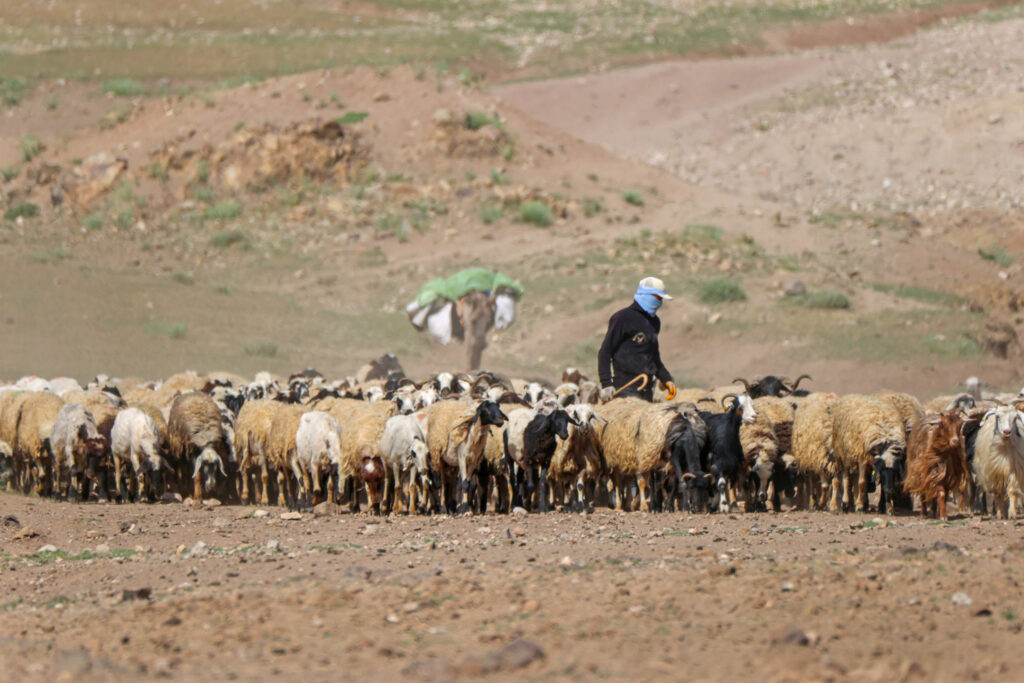
Feed from manure – duckweed ramps up
Duckweed (also lemna or water lentils) are tiny freshwater plants that are ideal for cultivation on farms for inclusion in livestock feed. While on-farm duckweed production is not happening quite yet, research into all aspects of cultivation are underway in Europe and the US, with a breeding project also starting in the US. We take a deeper look at duckweed research, as well as a look at its inclusion in fish feed.
Impact of moderate DON exposure on laying hen performance
Researchers at Schothorst Feed Research set out to determine the impact of mycotoxins on the laying performance of laying hens. Preliminary data shows that moderate dietary exposure to deoxynivalenol has a detrimental influence.
Finishing free range Iberian pigs on acorns
Reared on the Iberian Peninsula across southern Spain and Portugal, Iberian pigs feed outdoors on pastures full of herbs, flowers, chestnuts and acorns. This helps give the special Jamon Iberico ham its unique flavour. To find out more, we went to Spain to visit a 700 ha farm, which is home to 400 Iberian pigs.
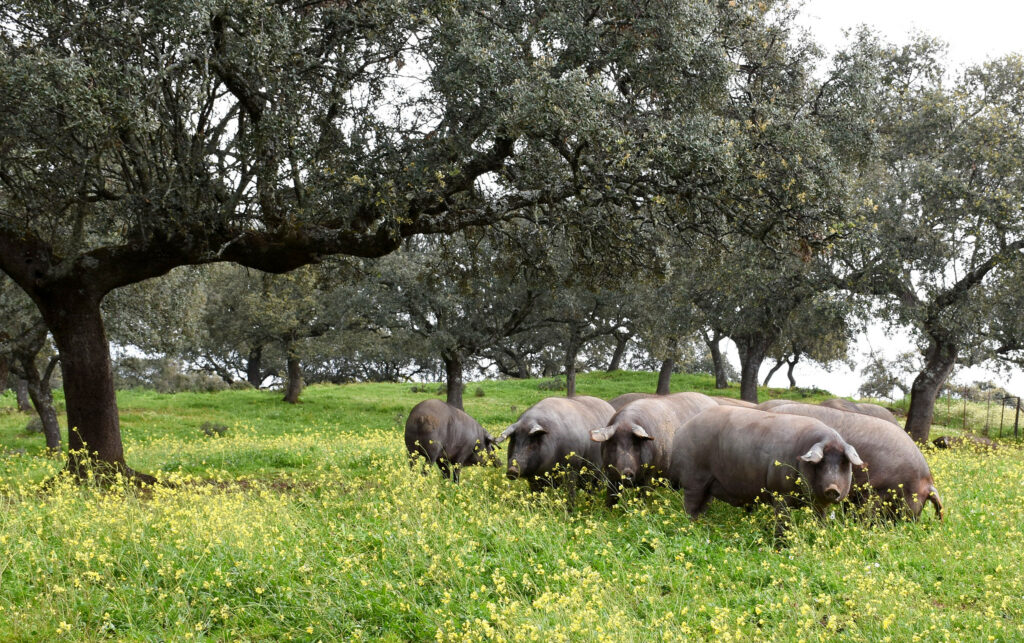
Mycotoxins, part 1: The growing options and opportunities
Consumers want to be assured that animal products are clean and safe, so there is a growing preference for natural solutions for mycotoxin mitigation. Many manufacturers focus on natural detoxifiers, such as yeast, enzymes, plant extracts and insects.
The impact of an anti-mycotoxin blend on the health of nursery pigs
Researchers investigated the impact of an anti-mycotoxin blend and found that a mix of yeast, plant extract and soy lecithin can minimise the negative effects of aflatoxin contamination in nursery pigs.
View this edition of All About Feed‘s digital magazine




